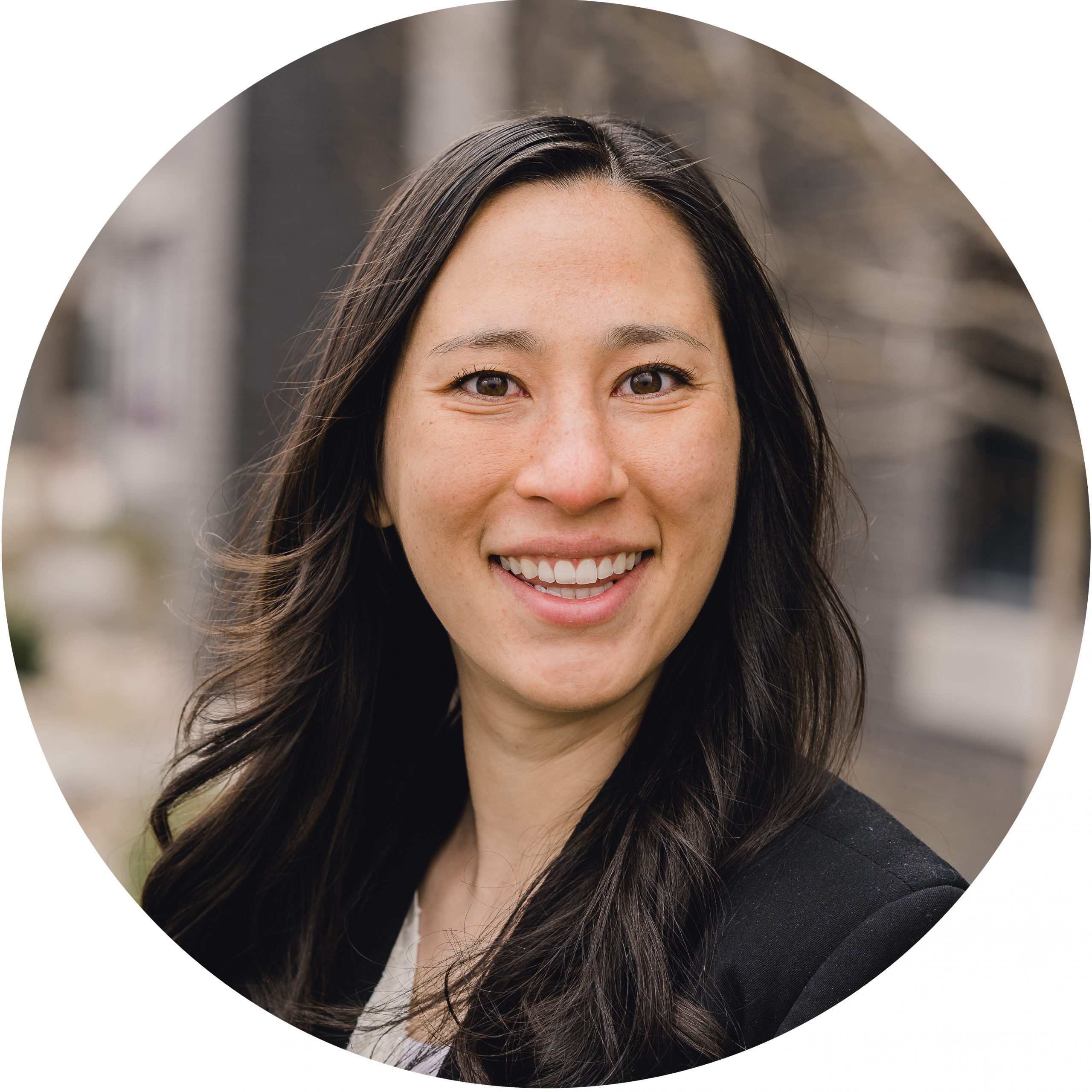Each Veteran’s Day, we rightfully take time to remember, thank, and extol the many men and women who choose to serve these United States. Over one million Americans currently serve in the military. These men and women sacrifice their time and sometimes their lives to protect America’s freedoms. As service members retire from or leave the military, they deserve to benefit from the life they have helped create and preserve. More than 16 million veterans live in the US, with over 120,000 residing in Utah. One of the ways to support them this Veteran’s Day, and all year, is by advocating to change the laws that burden their transition back into civilian life.
As service members transition away from the military, one of the first steps is to get a job. Veterans, like anybody else, need a way to support themselves and their families. While serving in the military, veterans gain many skills that are transferable to other jobs in the civilian world. Unfortunately, onerous occupational licensure regulations, in Utah and throughout the United States, can make it difficult for qualified veterans to obtain a license to work in their skilled practice area.
Utah law requires individuals to obtain a license in order to work in over one hundred occupations. Each license has specific education, training, and experience requirements, which require considerable time and money. Occupational licensing exists to protect the public from being harmed by unqualified workers. The many education and experience requirements aim to ensure that only qualified professionals can offer services in the market.
Unfortunately, the regulations meant to protect the public have also harmed them as licensing has expanded beyond the scope of health and safety. Strict license requirements make it hard for qualified people, including veterans, to move into the state and work in their field of expertise. Service members often gain skills in the military that can transition into civilian jobs and careers. A military nurse might decide to become a nurse in a hospital or a paramedic. An army engineer may want to work for an engineering company. These workers can have years of experience and be extremely qualified but still be denied a license to work because they do not meet all licensing requirements. These requirements harm veterans and should be changed.
Pennsylvania recently implemented changes in their occupational licensure program to support veterans’ transitions into the civilian workforce. As part of the changes, they created a Military Occupational Crosswalk to help veterans pair their skill sets with specific jobs. The crosswalk also gives a clear outline of all requirements for each licensed occupation and how a veteran’s military skills and work experience satisfy the requirements. The crosswalk is meant to ease veterans’ transitions and help them find jobs quicker. Utah should similarly enact the following changes.
Allow Licensure for Experienced Military Applicants
If a veteran has been engaged in active practice for at least two of the previous five years prior to applying and passes all required exams for licensure, they may be granted a license.
Bridge Education Programs
Programs should be created to help quickly bridge the gap between military and any necessary civilian training to reduce the time and resources required for licensure.
Expedited Reviews and Temporary Licensure
Expedited application reviews and discretionary temporary licensure for military applicants would reduce the time and resources required for veterans to obtain a license.
Reactivate Expired Licenses
Utah should consider reactivating expired licenses without penalty for service members who reactivate their license during deployment and within one month of returning from deployment.
Create a Occupational Licensing Military Crosswalk
The crosswalk will help veterans to more easily understand the requirements for licensure and identify the areas in which they may need additional training or education.
In honor of Veteran’s Day this year, consider urging your local lawmakers to support legislation that will support veterans and reverse many barriers that are currently blocking their path to jobs. No person should have to face laws that unnecessarily limit their access to jobs. Utah legislators should strongly consider these changes to help veterans and the state continue to thrive.






